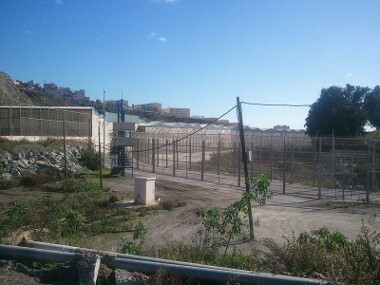There are regions of the planet known as polar that are found in or near the Arctic Circle (north) and the Antarctic Polar Circle (south). The two are respectively called the North and South pole of the planet.
Because they are established in the polarities of the planet, they receive little amount of heat, from this way, they have very low temperatures, in this case the coldest on the planet, always lower than – 10°C.
These regions exert a strong climatic influence on the world, which is important for their balance. Despite this, this part of the planet suffers from global warming and also from impacts that occur in the region itself.
The Arctic is home to several human groups, some of which have inhabited the place for at least four thousand years, such as the Eskimos found in the far north of the Arctic. America in coastal areas and on islands, in addition to the Lapps located in northern Europe, Russian peoples such as the Yakoutes, Chuckchis, Samoyeds and others ethnicities.
In general, all these peoples mentioned lived in a nomadic way in small separate groups that derived their livelihood through hunting and fishing.
Subsequently, the population context began to change when, from 1950 onwards, a large migratory flow to the region, several people were attracted by the existence of deposits minerals.
From the beginning of mineral extraction activities, such as oil, the configuration and routine of the place were transformed, as the concentration of people derived the emergence of towns and cities that triggered the implementation of productive activities such as industry and the provision of services.
The “development” of the region had profound impacts on the social structure of the natives, who no longer lived in isolation like their ancestors.
After the process of population in the region, the most widespread activities are, respectively, fishing and exploration of metal and fossil ores. After the extraction of the ores, the flow is done through oil and gas pipelines, in addition to ships that transport them to countries like the United States, Canada, Russia and European countries.
Do not stop now... There's more after the advertising ;)
By Eduardo de Freitas
Graduated in Geography
Would you like to reference this text in a school or academic work? Look:
FREITAS, Eduardo de. "Impacts on Arctic geographic space"; Brazil School. Available in: https://brasilescola.uol.com.br/geografia/impactos-no-espaco-geografico-artico.htm. Accessed on June 28, 2021.

